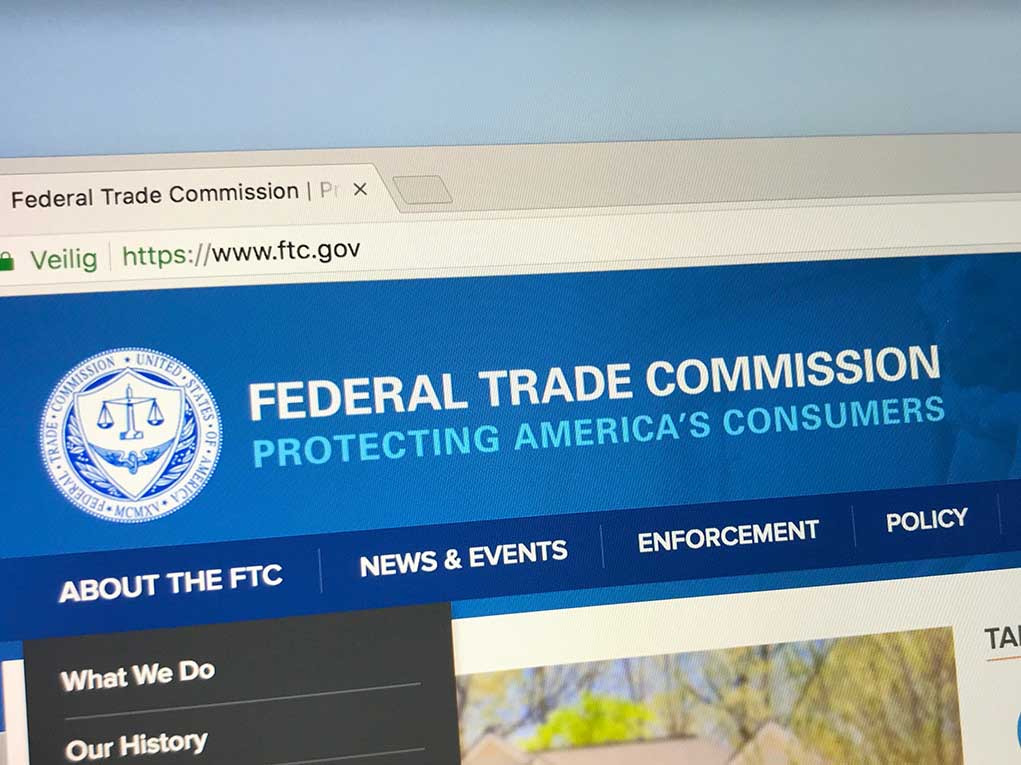
After 15 years of defrauding desperate Americans during economic hardship, scammers peddling fake wealth-building programs are finally facing justice as the FTC distributes over $2 million to victims who fell prey to their empty promises.
Key Takeaways
- The FTC is distributing over $2 million in refunds to 39,500 consumers who were victimized by bogus get-rich-quick schemes that emerged during the 2000s financial crisis
- Scammers including John Beck, John Alexander, and Jeff Paul marketed fraudulent wealth-building programs that promised quick riches but delivered financial losses
- A court ruling confirmed the FTC’s allegations of deceptive marketing practices, resulting in the current consumer refund program
- The FTC’s consumer protection efforts in 2024 alone have resulted in over $339 million in refunds nationwide to victims of various scams
Justice Served After Years of Consumer Deception
In a significant win for American consumers, the Federal Trade Commission has begun distributing over $2 million in refunds to victims of fraudulent get-rich-quick schemes that targeted vulnerable individuals during the financial crisis of the 2000s. These scams, which promised easy wealth through real estate and internet marketing, left thousands of Americans with empty wallets instead of the promised fortunes. The FTC’s action represents a long-awaited resolution to legal proceedings that began in 2009, when the agency first took action against the perpetrators of these deceptive marketing schemes.
The refund checks, now being sent to approximately 39,500 consumers across the country, stem from the FTC’s lawsuit against several individuals and their companies who marketed bogus wealth-building programs. John Beck, John Alexander, Jeff Paul, Gary Hewitt, Doug Gravink and their associated businesses became notorious for their aggressive marketing of programs with enticing names like “John Beck’s Free & Clear Real Estate System,” “John Alexander’s Real Estate Riches in 14 Days,” and “Jeff Paul’s Shortcuts to Internet Millions.” These schemes preyed particularly on Americans struggling during economic downturns who were desperately seeking financial stability.
How the Scams Operated
The fraudulent operations followed a predictable pattern that has become all too familiar in the landscape of financial scams targeting hardworking Americans. Initially, consumers were lured in with relatively low-cost “wealth-building kits” priced at approximately $39.95, which promised extraordinary returns with minimal effort. However, this initial purchase was merely the gateway to a more extensive scheme. Once consumers had purchased the initial materials, they were aggressively targeted with upselling tactics to convince them to purchase expensive “coaching services” that supposedly would accelerate their path to wealth.
The FTC’s investigation revealed that contrary to the extravagant promises made in late-night infomercials and online marketing materials, these programs delivered virtually none of the promised benefits. Instead of achieving financial independence, most consumers who purchased these systems and coaching services ended up losing substantial amounts of money. The court’s ruling in favor of the FTC validated what many victims had already discovered the hard way – these wealth-building programs were built on deception rather than legitimate business strategies.
Refund Process and Consumer Protection
The FTC’s refund distribution process underscores the agency’s commitment to making defrauded consumers whole whenever possible. The 39,500 consumers receiving checks have been instructed to cash them within 90 days of receipt. For those with questions about the refund process, the FTC has designated Simpluris as the refund administrator, accessible through a dedicated hotline. The agency has also emphasized that it never requires payment or sensitive personal information from consumers to receive refunds – an important clarification given that scammers often impersonate government agencies.
This case represents just one facet of the FTC’s broader consumer protection mission under President Trump’s administration. In 2024 alone, FTC actions have resulted in more than $339 million in refunds to consumers nationwide who have fallen victim to various fraudulent schemes. The agency continues to maintain interactive dashboards on its website that provide state-by-state breakdowns of refunds, allowing for transparency in its consumer protection efforts and helping Americans understand the scope of fraud in their communities.
Ongoing Vigilance Against Scams
As economic challenges continue to affect many American families, the FTC has intensified its efforts to educate the public about the warning signs of potential scams. The agency consistently advises consumers to be wary of any business opportunity that requires payment upfront, especially those promising extraordinary returns with minimal effort. Additionally, the FTC warns against responding to threats, transferring money to strangers, or believing promises of prizes from unknown entities – all common tactics employed by scammers to separate hardworking Americans from their money.
The resolution of this case sends a clear message to would-be scammers that deceptive marketing practices will not go unpunished, even if justice takes time. For consumers who believe they may have been victimized by similar schemes, the FTC encourages reporting such incidents through their online portal at ReportFraud.ftc.gov. This information helps the agency identify emerging scams and take appropriate enforcement actions to protect American consumers from financial predators who seek to exploit economic uncertainty for personal gain.




